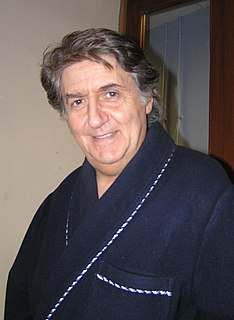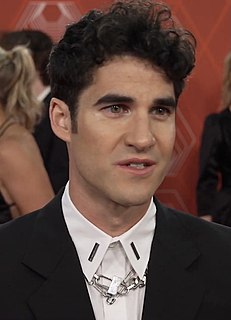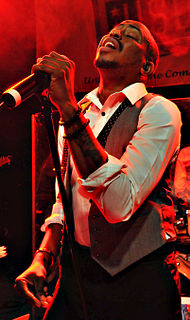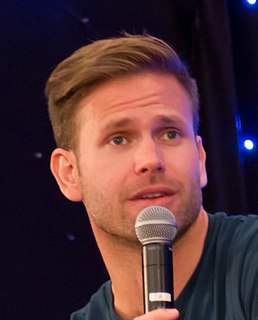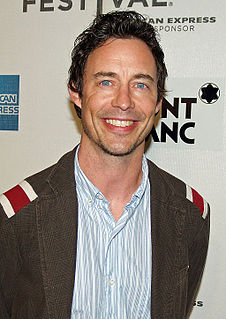A Quote by Tom Conti
There are so many people in film and television that get between a performer and the audience, and that's frustrating.
Related Quotes
No matter what, I will always prefer a live performance. Whether it be a play or a musical, or playing music live. As long as it's live, it's the best because there's sort of an immediacy to connection between an audience and a performer, whereas where you do film or television, you're at the whim of so many different forces.
The first thing I say when people ask what's the difference [between doing TV and film], is that film has an ending and TV doesn't. When I write a film, all I think about is where the thing ends and how to get the audience there. And in television, it can't end. You need the audience to return the next week. It kind of shifts the drive of the story. But I find that more as a writer than as a director.
And, for any performer, to be able to go deep into character is fantastic. In film you only get to do that if you're the leading character. But in television you get 18 hours to really test the audience and take them to the edge of how far they will go with this character. I can step over this line and I love that.
